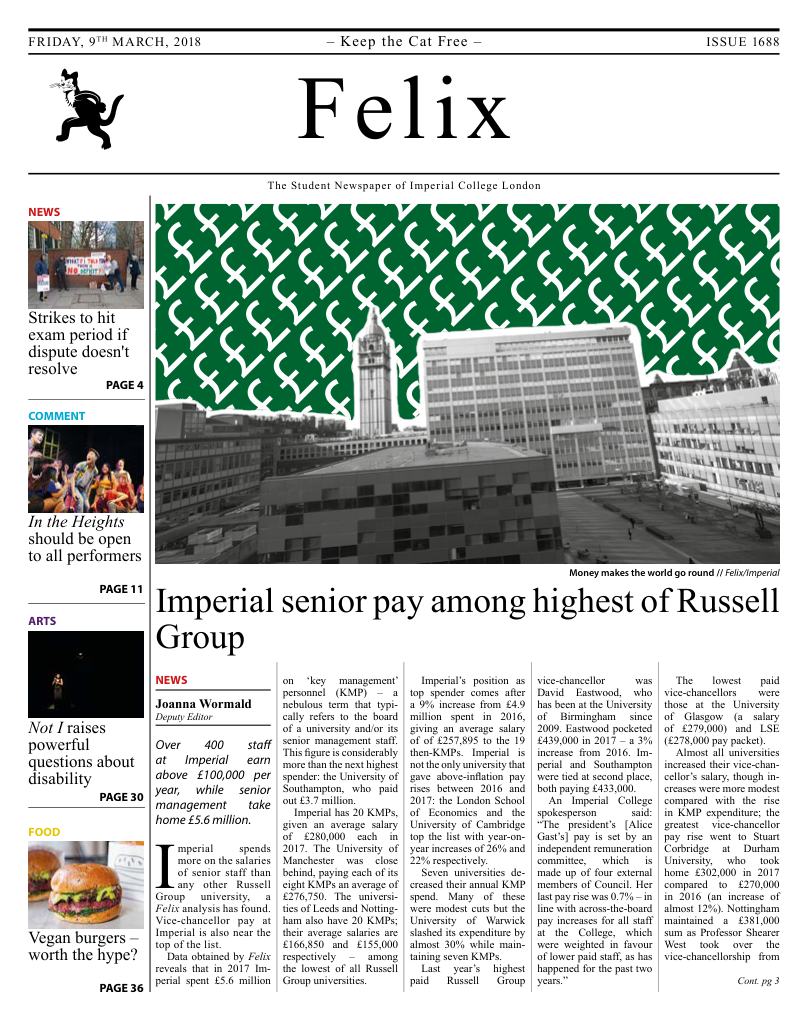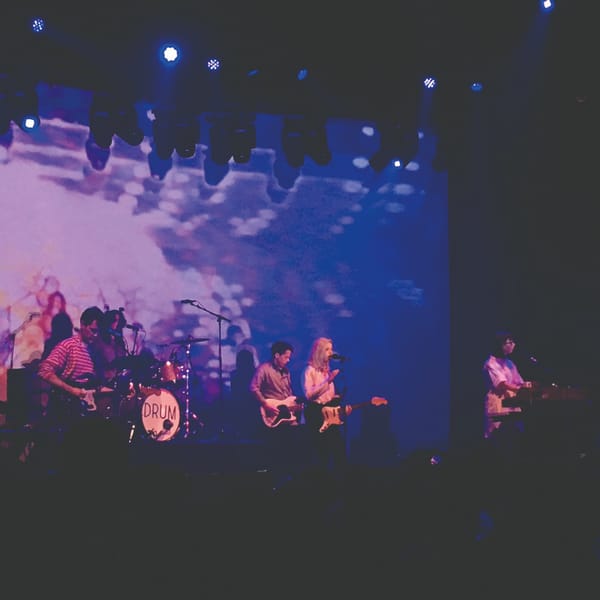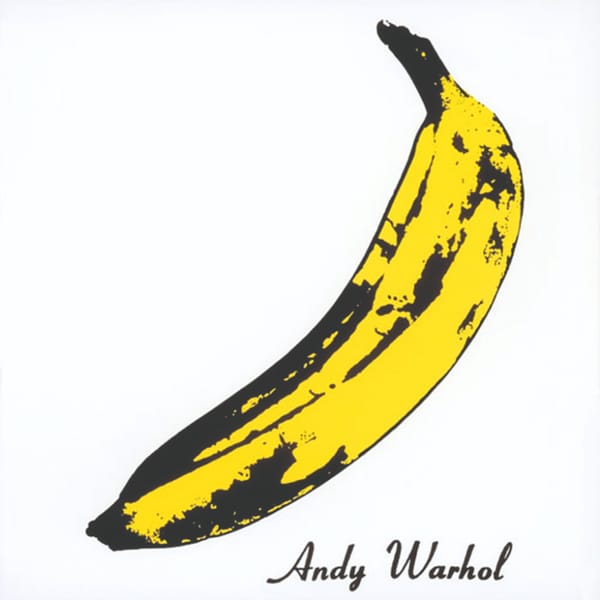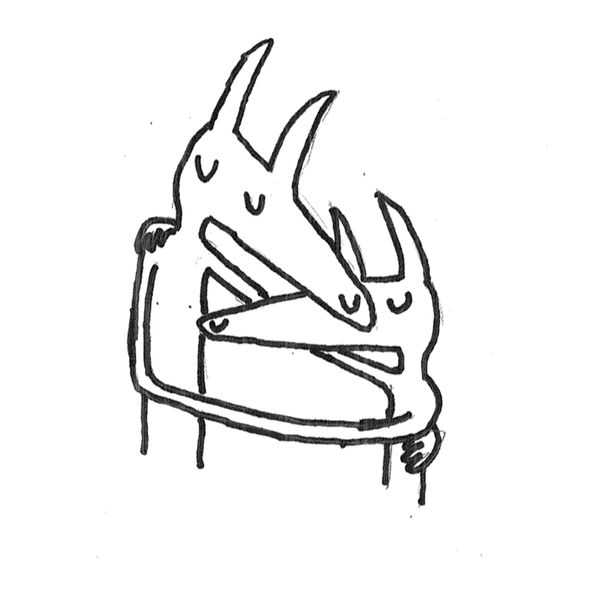There’s Too Many Man, Too Many Many Man!
In the wake of International Women’s Day, Music Editor Andy Djaba discusses the unfortunate prevalence of misogyny in hip-hop.

This week, Isaac Freeling and I hosted Ella and Tayla from the “Too Many Man Show” on our podcast, “2 Gs in a Pod”, (shameless plug!) to have an open and frank discussion about misogyny in hip-hop. It’s something I’ve wanted to write about for a while and, following our discussion, I felt inspired to address the issue. Also, in light of International Women’s Day, there’s no better time to discuss what we, as fans of the culture, can do to tackle the unfortunate omnipresence of misogyny in hip-hop.
The first step is to acknowledge the sexism in hip-hop. Without getting too deep into the discussion of disparity within the genre, misogyny in hip-hop ranges from the more obvious examples, such as vulgar lyrics, to the subtler instances, such as the lack of female artists on the Wireless Festival line-up or the bad reputation women get for being ‘difficult’ to work with. Female artists are wrongly assumed to lack the talent of male artists, which in turn deters more women from getting into the genre. Unless they maintain a hyper-sexualised public image, female hip-hop artists simply don’t get the same recognition as their male counterparts and, as a result, the narrative that hip-hop lacks conscious female MCs is further perpetuated.
As a genre, hip-hop has gained a reputation for not being very accepting of women and there is a trend of female MCs being thrown under the umbrella of ‘R&B’ or ‘soul’, rather than hip-hop or rap. R&B and soul are generally seen as ‘more feminine’ than hip-hop and, by throwing any female artist that incorporates singing and melody in her music into the R&B genre, we effectively disregard them and fail to consider them in the conversation of top rappers in hip-hop. Would a woman that makes music in the same way as Drake (singing and rapping simultaneously) be classed as a hip-hop artist and judged in the same way that we rate Drake or any other man that incorporates singing and melody in their music?
As fans of the culture in general, it is important that we are intelligent in our approach to the music. We need to start thinking about why we like the music that we do and be more aware of when our favourite artists’ music crosses the line into what should be unacceptable territory. This allows us, as fans, to take responsibility and hold our favourite artists accountable for their problematic lyrics. There are times when I think that hip-hop culture is slowly moving towards eradicating its deep-rooted misogyny. However, it almost seems like, for every step taken towards tackling misogyny, hip-hop takes two steps backwards. Artists including sexist content, such as that of old school Snoop Dogg, Dr. Dre and Eminem, would not be acceptable in this day and age and this was evidenced by Rick Ross losing his Reebok endorsement for including lyrics which allude to date rape in his verse on 2013’s ‘U.O.E.N.O.’. However, while this represented a major step forward, the casual acceptance in the culture of problematic and abusive artists, such as R. Kelly and the wave of mumble rappers who all seem to have disturbing histories of domestic violence, is another worrying step backward.
To tackle misogyny in hip-hop, it is important to shine a light on the dope female artists in the scene and celebrate them just as much as we do our favourite male artists. The “Too Many Man Show” is a brand new website and podcast dedicated to challenging hip-hop’s gender norms and championing female artists in the genre. Although hip-hop has been a genre synonymous with protest and the plight of marginalised people, the genre has historically been a male-dominated and carried an anti-woman sentiment. The rank misogyny pervading the genre is too often overlooked. This means that women taking up space in hip-hop in general is a form of activism itself; they’re taking up space in a genre that has previously prided itself on its sexist undertones and has been particularly male-dominated for a long time. This makes it all the more important to big up artists like Rapsody, Noname, Little Simz and more that are flying the flag for women within the culture. We need more outlets like “Too Many Man” to ensure that female hip-hop artists aren’t ignored. It’s also of paramount importance that men get involved in the conversation; it can’t just be the women getting behind the movement of challenging misogyny in hip-hop. Men have to support the movement too for there to be noticeable changes to one of the ugliest aspects of the hip-hop culture that we love so much.









